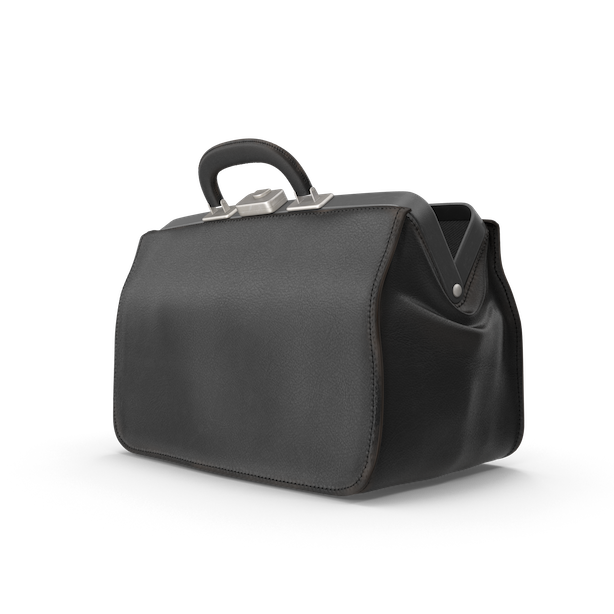
The Bris Ceremony
A bris performed according to Jewish tradition is a wonderful beginning for a newborn child. It is a memorable experience, replete with significance and meaning for all those involved, and the first of many milestones to be celebrated during the child’s life as he grows to be a source of pride and joy to all those close to him.
The ceremony usually takes place at home, in a synagogue or at a catering hall, and is customized to accommodate individual needs and goals.
There are several honors to be conferred during the ceremony, usually bestowed upon the relatives and close friends of the family. A brief description of the ceremony is as follows: A couple enters with the baby. The baby is then placed on a chair designated as the Chair of Elijah. The father then gives the baby to the Sandek (most often a grandfather) who holds the baby on his lap during the circumcision procedure. The circumcision is then performed by the mohel. Immediately following the bris, the baby is held by an honoree and a blessing is recited. The baby receives his official Hebrew name, which he will proudly carry throughout his life. The newborn child is often named after a departed relative, a symbolic source of continued life for those no longer with us. The ceremony ends with the resounding wish of “Mazel Tov!” and is typically followed by refreshments or a light meal.
Mazel Tov!
Participants

The Mohel
A mohel is a person who is specially trained in the medical and surgical techniques of circumcision. In addition, the mohel is also thoroughly versed in the Jewish laws pertaining to bris. A doctor’s medical circumcision, usually performed in the hospital within the first few days after birth, is not considered valid according to Jewish law.

The Baby
The bris is typically done on the eighth day (counting the day of birth). If a baby is not in perfect health – even if not seriously ill – the bris is delayed until both the doctor and the mohel are in agreement as to the healthy status of the baby. A common example of this situation is newborn jaundice. However, in the case of serious illness, a delay of one week following full recovery is required.

The Honorees
Kvater: a couple who enters the room with the baby
Kisei Shel Eliyahu: person who places the baby on a designated chair known as the chair of Elijah the Prophet
Sandek: person who holds the baby during the bris ceremony
Sandek Me’umad: person who holds the baby during the naming ceremony
Brachos-Kri’as HaShem: person who blesses and names the baby
(The last two can be split into two honors each.)
Siblings: A special place in the ceremony will be reserved for the loving siblings of the baby!
Download Printable Version
Instructions

Before the Bris
Things to Prepare for the Bris
- Firm sleeping pillow
- 4 cloth diapers (or towels)
- 2 Tallis (prayer shawls)
- Kosher sweet grape wine & kiddush cup
Day of Ceremony
- Do not soak or use ointments, creams or lotions on bris area; sponge bath is okay.
- Last feeding should be within the hour before the bris.
- Dress baby in clothing which may be easily opened from the bottom
- Wrap baby in receiving blanket.

After the Bris
After the Ceremony
- Apply Bacitracin on gauze and place on top of bris area at each diaper change for 3-5 days. Please Note: We will supply Bacitracin and gauze
- Baby may lay in any position that seems comfortable (even on stomach).
- If baby is uncomfortable, you may give 1.25 ml of liquid infant acetaminophen. (Please consult your doctor).
Day After the Bris
- Bathing is helpful to the healing process. Once the umbilical cord falls off, you may give a full bath. Until then, sponge bathing is preferable.
- The redness will subside after a few days. A yellowish soft tissue known as ‘granulation’ may form around the bris area. This is part of the normal healing process.
